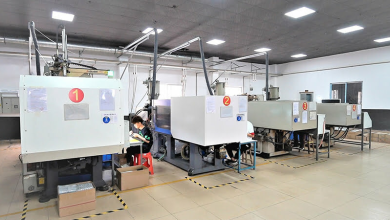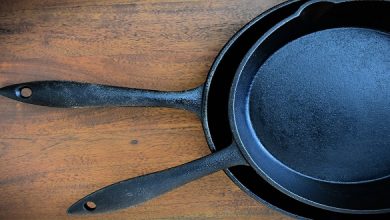What Are the Main Commercial Landlord Responsibilities?

Does the idea of being a landlord seem like a piece of cake?
Landlords can enjoy a stable stream of income but also a lot of responsibility. In exchange for a dedicated pool of tenants, landlords take on legal responsibilities to ensure their commercial spaces remain safe and in good condition.
Sure, some tenants may cause problems or fail to pay rent, but there are other ways to deal with these issues besides taking the law into your hands. Leave it to the secret commercial landlord responsibilities.
Not sure where to start? Keep reading for the main landlord responsibilities!
Fully Understanding the Terms of the Lease Agreement
As a commercial landlord, it is your responsibility to understand the terms of the lease agreement. This includes understanding the length of the lease, the rental amount, the responsibilities of each party, and other provisions.
By understanding the terms of the commercial lease agreement, you can help ensure that the tenancy agreement is enforced and that both parties are held accountable for their respective responsibilities.
Regularly Inspecting the Property
As a commercial landlord, it is your responsibility to regularly inspect the property maintenance and make sure that it is in good condition. This means that you should check for any damage or wear and tear regularly, and make sure that any repairs are carried out promptly.
You should also keep an eye on the condition of the common areas and make sure that they are clean and well-maintained. For example, taking care of your commercial roof is a big factor to consider. To do this, you need to know the common commercial roof repairs and how to spot them.
If there are any problems with the property, it is your responsibility to resolve them as quickly as possible.
Collecting Rent Promptly
The main commercial landlord’s responsibility when it comes to collecting rent is ensuring that rent is paid on time. This means setting a schedule and collecting rent on that schedule, no matter what.
If the tenant is late, the landlord is within their rights to charge a late fee. The landlord should also have a clear and concise grace period policy in place. So that tenants know exactly when they need to have rent paid. If the tenant pays rent late, the landlord may have grounds to begin the eviction process.
Dealing With Tenant Complaints
The most important thing for a commercial landlord to do when it comes to complaints is to listen. Tenants should feel that their landlord is approachable and willing to listen to their concerns.
In some cases, the tenant may need reassurance that their complaint is valid. And that the landlord is taking steps to address the issue. Sometimes, the landlord may need to take more immediate action, such as contacting a repair person or scheduling a meeting with the tenant to discuss the matter further.
In either case, it is important for the landlord to remain calm and professional, and to take the complaint seriously. Although property owners have their responsibilities, they also have things should never do when they’re renting out a unit.
Commercial Landlord Responsibilities You Need to Know About
The main commercial landlord’s responsibilities are to provide a safe and secure place for businesses to operate, maintain the property, and resolve any issues that may arise.
Landlords must also comply with federal, state, and local laws. If you are a commercial landlord, it is important to be aware of your responsibilities and to make sure that you are meeting them.
You can check out some of the other articles listed on this page.





